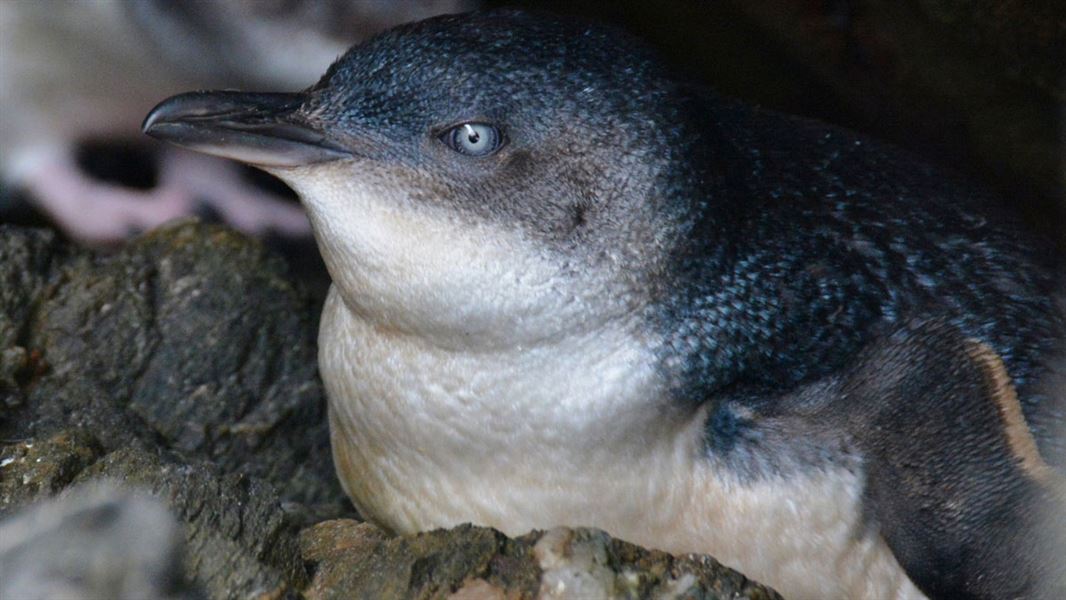Archived content: This media release was accurate on the date of publication.
Date: 12 October 2020
“Kororā are wild, living animals and it’s very unsettling to hear people think wildlife is simply there for their own amusement,” says DOC Hawke’s Bay Operations Manager Jenny Nelson-Smith.
“This behaviour is unacceptable as well as illegal and we are following up these reports.
“Kororā are taonga, treasured wildlife, and absolutely protected under the Wildlife Act 1953. They are very susceptible to disturbance by people and are also vulnerable to dogs. At this time of year birds are nesting, so any disturbance may result in chicks being abandoned or dying.
Safely handling wildlife is a skilled task and those without training risk injuring wildlife, she says. The birds can also behave aggressively in defence and can deliver a good nip that could take out an eye.
“We’d like to thank the person who reported this. If you see people treating kororā or other wildlife such as kekeno/fur seals with such disregard, please do contact the local office or call the DOC hotline,” Nelson-Smith adds.
The National Aquarium of New Zealand support DOC with penguin rehabilitation and conservation, and also run the annual “Penguin of the Year” competition.
Joe Walcott General Curator at the National Aquarium says, “It is disappointing to hear that people are interfering with native wildlife such as kororā. These birds face a number of threats and this certainly will not help.
“Penguins come ashore to nest, if they are harassed it may lead to them abandoning the nesting site. Additionally there is a risk of injuring a penguin. Penguins feed on live fish and need to be in top condition to catch them, even a seemingly minor injury could lead to starvation.
“My advice to those who come across penguins or other wildlife is to keep at a distance that doesn’t interfere with their natural behaviour. Ensuring dogs are kept away from the area will also help out.”
Kororā share many parts of our Te Matau a Māui coastline, as well as other parts of New Zealand’s coast. Kororā are an ‘at risk, or declining’ bird species. They tend to be more common on outlying islands, where there is less disturbance from people and their activities, so having them on our coastlines here is something to celebrate and respect.
Wildlife including kororā are protected under the Wildlife Act 1953 and people can incur penalties, including fines and imprisonment, for offences.
Anyone with concerns about the welfare of native wildlife can contact DOC’s hotline 0800 DOC HOT (0800 362 468).
Further information
Little penguins (kororā) were once common in New Zealand, but most are now on offshore islands where there is less disturbance. These penguins are native to New Zealand and are the smallest penguins in the world.
Their population and range of has been declining in areas not protected from predators. Where predator control is in place, populations have been stable or increasing.
In urban areas dogs are likely the greatest threat to little penguin. Cats, ferrets and stoats will also kill them.
These threats have increased with more coastal development bringing more dogs and the clearance of traditional nesting sites.
Little penguins are also killed crossing coastal roads, being hit by boats, or caught in set nets.
Making sure dogs are leashed in known penguin areas is an important way to help ensure penguins are protected.
Contact
For media enquiries contact:
Email: media@doc.govt.nz
